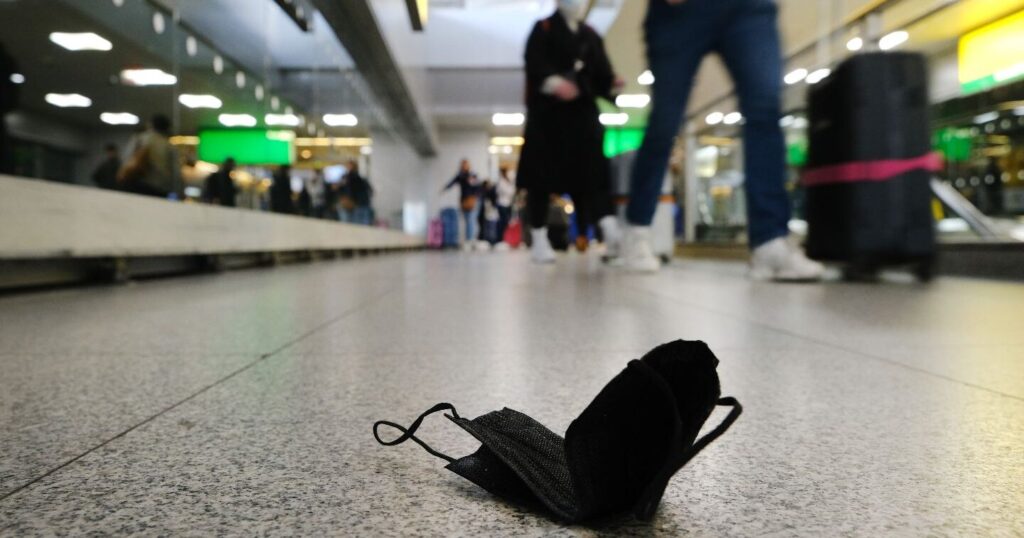September 19, 2022
“Business as Usual” Might Actually Make the Economy Worse
By Lisa Herforth-Hebbert
According to data from the National Center for Health Statistics and the Bureau of Labor Statistics, there are few economic costs from pandemic policies that prioritize public health.

EDITOR’S NOTE: In the fall of 2021, a group of students at Wake Forest University took part in a class on data-driven advocacy. Their objective was to find a question that was broadly relevant to inequality, answer that question using basic tools of data science, and convincingly communicate that answer clearly to a broad audience in a partnership with the Puffin Nation Fund Writing Fellowships. This article is the fourth of the final products that came out of that course.
What is your life worth during a pandemic? During the two-and-half years of public health lockdowns and other limitations imposed to contain Covid, some have argued for minimal restrictions to preserve a strong economy even if it endangered the lives of the vulnerable.
Minorities endured a disproportionate share of the risk throughout the pandemic, composing much of the essential workforce without the luxury of being able to work from home. And the lockdowns had their own costs as well: Many mothers lost their careers and their independence as child care options vanished and numerous small businesses crumbled, leaving their owners economically vulnerable.
But perhaps the trade-off between economic well-being and public health was overstated. Because healthy people are the backbone of a productive economy, the best way to protect that economy may be to protect human lives. If this is true, as Juan Pablo Bohoslavsky argued, trying to put the economy first might paradoxically cause “the worst of both worlds: a fall in GDP and a rise in deaths.”


